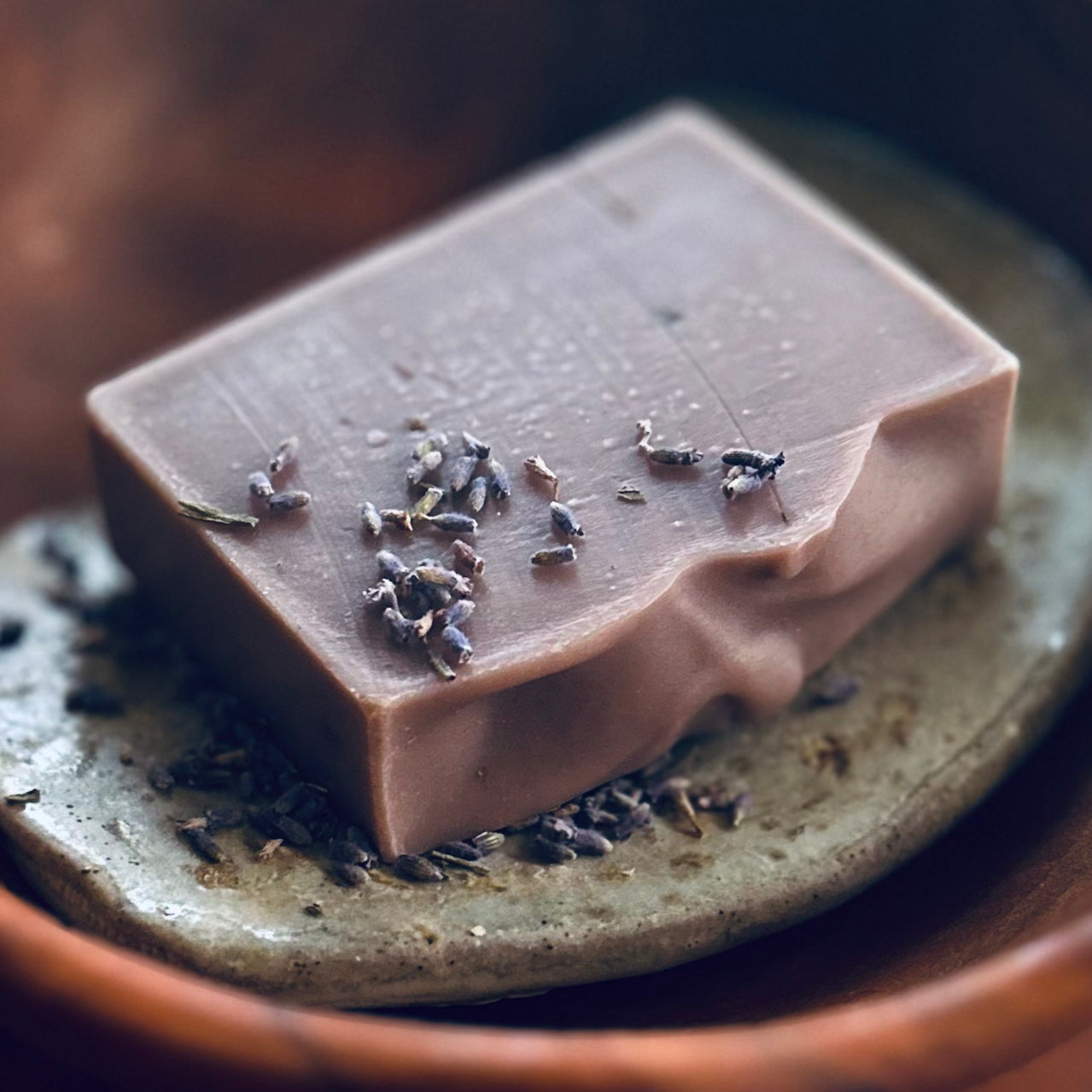Every now and then, I'll see a sponsored ad pop up for a "natural" soap or bodycare product on social media. Occasionally, out of curiosity, I'll click through to take a look at the ingredients — and far too often, what I find leaves me uneasy.
You’ll see generic phrases like “natural oils” or “sandalwood” — but there’s no detail about which natural oils have been used, or whether the "sandalwood" is an essential oil or a synthetic fragrance. When ingredients are listed vaguely, that’s usually a red flag.
Transparency in ingredients isn’t just a nice-to-have — it’s a sign of honesty, integrity, and respect for you, the customer. If a brand is truly using high-quality, natural ingredients, they’ll be proud to tell you exactly what they are.
Vague Ingredients Are a Warning Sign
If you see words like "natural oils" in an ingredient list, without specifics, that's worth quesioning. Which oils? Olive? Coconut? Palm?
Palm oil is a big one — it's often hidden behind general terms like "vegetable oil" or "natural oil blend". Unfortunately, palm oil production is linked to deforestation and child labour, which is why it's something I choose not to use.
And let's talk about scent. When a brand lists "sandalwood" for example, but doesn't clarify whether it's an essential oil or a synthetic fragrance oil, it's almost always synthetic. That's not necessarily bad — but it's definitely not natural.
And if transparency matters to you (and I know for many of you it does), you deserve to know the truth.
Natural Should Mean Natural
It’s surprising how loosely the word “natural” is used in the skincare world. Many products contain a couple of natural ingredients, but are otherwise full of synthetic additives, stabilisers, or artificial colours.
In my mind, and here at Medika Organics, “natural” means entirely natural — ingredients that come directly from the earth, not a laboratory.
My soaps are made from organic plant oils like olive, coconut, shea, cocoa, and occasionally grass-fed tallow, and they're scented only with pure essential oils, and coloured using natural clays, botanicals, and ochre. That’s it.
If you’re mindful about what you put on your skin, take a moment to look at the ingredients list next time you shop. Genuine transparency looks like this:
- Every oil is named individually (eg. olive oil, coconut oil, castor oil)
- Scents are clearly described (eg. sandalwood essential oil, or sandalwood fragrance oil)
- Colours and additives are listed openly (and recognisable)
Transparency Builds Trust
Ultimately, it all comes down to trust. If a brand isn’t open about what’s inside their products, you have to ask why.
Your skin deserves honesty.
And as someone who creates every bar by hand, I can tell you — there’s nothing to hide when you’re proud of your ingredients.
So next time you’re choosing your daily soap or body balm, take a closer look at the label. Transparency isn’t just about reading fine print — it’s about making choices that align with your values, your wellbeing, and the world around you.










